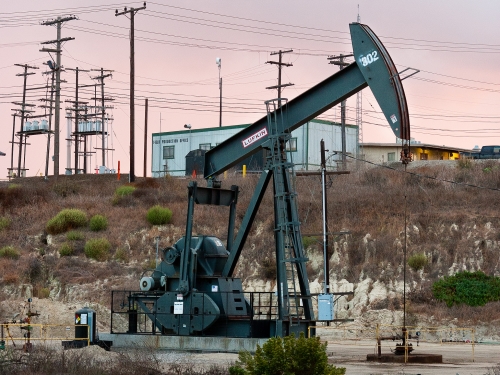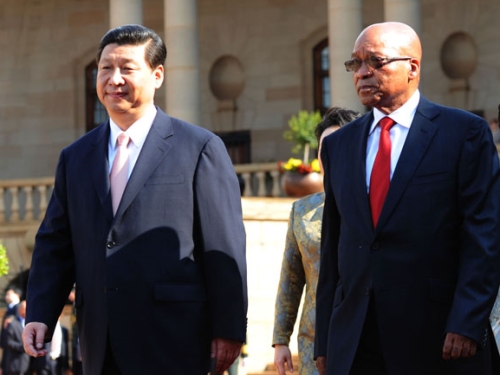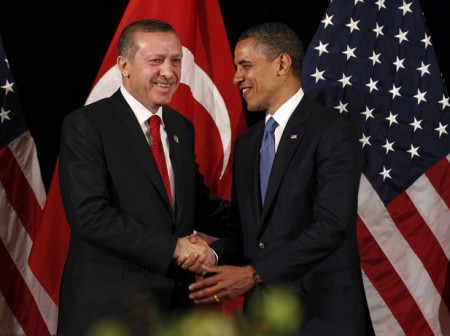
This article was originally published by New Security Beat, the blog of the Environmental Change and Security Program (ECSP) at the Wilson Center, on 26 March, 2015.
The past decade has brought ground-shaking changes to global energy markets. The unconventional fuel boom has unexpectedly reduced U.S. dependence on oil imports, while in the Asia-Pacific region, energy-constrained nations are increasingly reliant on foreign sources to meet their soaring demand. With the U.S. slated to export liquid natural gas (LNG) to Asia as early as 2017, a new energy era has come.
The shifting landscape is forcing countries such as Japan, South Korea, and China to rethink regional cooperation on energy issues such as strategic oil stocks, and technological and institutional coordination, said Mikkal E. Herberg, senior lecturer at the University of California, San Diego, and research director of the Energy Security Program at the National Bureau of Asian Research, at a Capitol Hill event on February 24.




